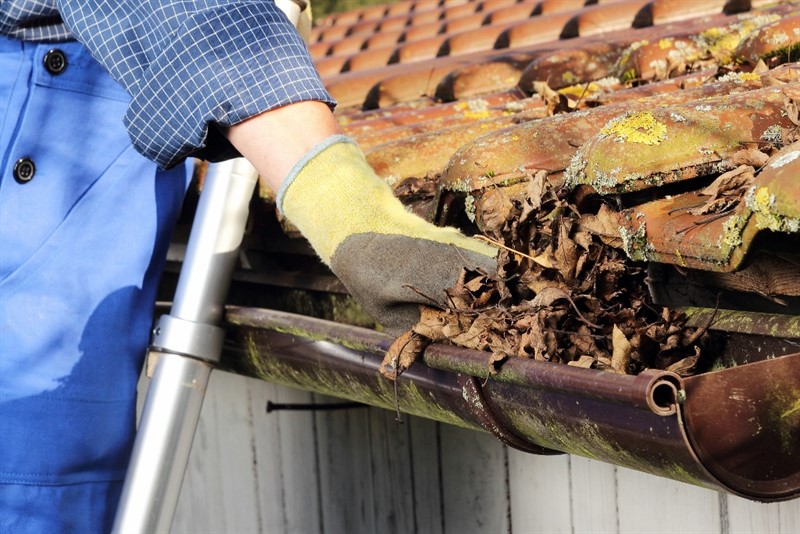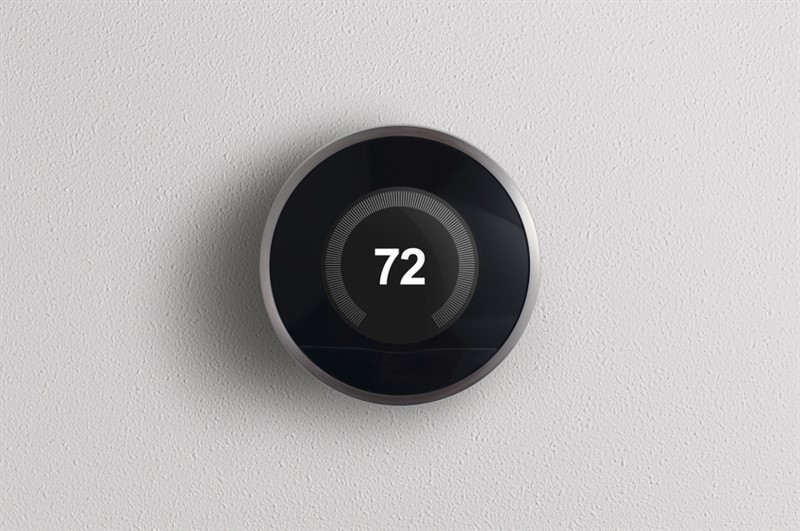Posted on 20/09/2023 by David
Winter weather can be hard on your holiday cottage and with less frequent bookings it could be a while before anyone spots a problem. It’s worth doing a bit of work for a trouble free winter. You’re probably aware of most of these precautions but here’s a quick reminder:
1. Prevent burst pipes
You definitely don’t want the pipes to freeze and burst, it can cause a lot of damage and create a big clean up job. There are more insurance claims for burst water pipes than any other type of claim, understandably the insurance companies will make sure you have complied with their terms and conditions before paying out so check the small print. Typically they will have a minimum temperature the house must be maintained at or otherwise the stop cock should be turned off and the heating system and water pipes drained. This could also apply if the heating breaks down and can’t be fixed for a while it.
- Keep the heating on and the house warm.
- Check that water tanks and pipes are insulated from the cold with no exposed points such as junctions and bends. For extra central heating system protection consider using antifreeze which can prevent freezing at temperatures well below what we experience in this country. Speak to a heating engineer for advice on this.
- Look for leaks and damaged seals: it’s not just frozen pipes that cause a problem. As the temperature of the mains water drops it causes the metal pipes to contract slightly which may open up any weak joints.
- Make sure you know where the stop cock is located and include this in your information folder so guests can find it in an emergency.
- Make sure your boiler is serviced regularly to reduce the chance of it breaking down just when you need it most. A service is different from the gas safety check. Typical service items include parts cleaned and inspected, seals checked and expansion vessel examined. Boiler problems are the most common issue reported to us by guests so it's important to do this and your warranty may be void if you don't.
- If you’re not connected to mains gas then check the level of oil or gas in your tanks (ensure the level indicator or gauge is working correctly and change batteries if required). Best to have enough to cover you for the winter, remember you’ll probably use more during this season than during the summer even though you’ll have less bookings. It’s also a good time to give the tank an inspection if an engineer hasn’t serviced it recently. Look for signs of damage or any leaks and make sure it’s secure from theft. In extreme cases you may need to take action to stop the oil becoming so cold it starts to become waxy and can’t flow through the pipes.
2. Protect from the rain and wind

Inspect the roof for missing tiles and damage. If a single tile is missing it may not be immediately apparent as the overlapping tile pattern means there won’t be an actual hole in the roof. This will still need repairing though as the overlapping layout is needed to ensure protection from the rain.
High winds can blow over trees or pull down branches either of which may cause damage to your property. Maintain the trees by trimming branches back and consider felling a tree if there’s a risk of it blowing down onto the building.
Make sure the gutters are clear and don’t leak from cracks or faulty joints. Over time the gutter sections and drain pipes can move (usually the plastic ones) as they expend and contract with changing temperature, creating gaps where they used to join. Escaping water can run down the side of the house and damage the brickwork. This is a common cause of damp patches in houses. If blockages are a regular occurrence then consider installing a guard over the gutters to prevent leaves and twigs falling in and consider trimming back the offending trees or bushes.
3. Prepare for snow and Ice
Heavy snowfall is rare in this country unless your property is in the mountains but can cause a real problem when it does fall. Guests may appreciate a supply of grit they can put down on a garden path or driveway, you can usually find this in supermarkets or DIY stores. You might also consider providing a snow shovel to clear a path or the driveway and these are widely available during the winter and typically cost less than £10. These items may not be used very often but are really appreciated when they’re needed.
4. Use technology
For peace of mind consider using some technology to monitor a range of different conditions at your property. There are a large number of products available from damp detectors and temperature sensors to water stopcocks which detect a leak in the house and automatically cut off the water supply. The difference in damage caused by an hour’s worth of leaking and several weeks is considerable!

The most common piece of connected technology is a wifi linked thermostat and they are becoming very popular with owners of holiday cottages. Allowing you to control the heating remotely and to monitor the temperature you can be sure that the house is warm and ready for guests. There are several makes available including Hive and Nest with a range of functions so do some research and make sure it fits your requirements.
These technologies can help at any time of the year, remotely adjusting the temperature following a guest's request or having a single, easily accessible, button for a guest to push if there is a water leak instead of searching for a stop cock under the sink or the back of a cupboard.
5. Ask someone to keep an eye on your property
If nobody is at the property for more than a few weeks it’s a good idea to send someone round to check that everything is OK. Despite all your precautions you never know what might happen. Your insurance policy will probably require someone to check on your property every 2 to 3 weeks if it’s unoccupied.
6. Provide a warm welcome
If you’re expecting guests make sure your property will be warm when they step inside. If you’ve been keeping the house between bookings at a lower temperature than usual make sure you increase the temperature at least a day in advance and possibly sooner if it’s an old stone building with thick walls. If you have an open fire or log burner it’s a nice welcome to have it laid ready for easy lighting. Lights on in the hall and over the front door also help to make guests feel welcomed when they arrive late in the day. Finally, don’t forget to provide a welcome tray with a minimum of tea, coffee, milk, sugar and biscuits or cake. What better way to end a long journey than to sit down in front of a warm fire with a cup of tea and piece of cake?

